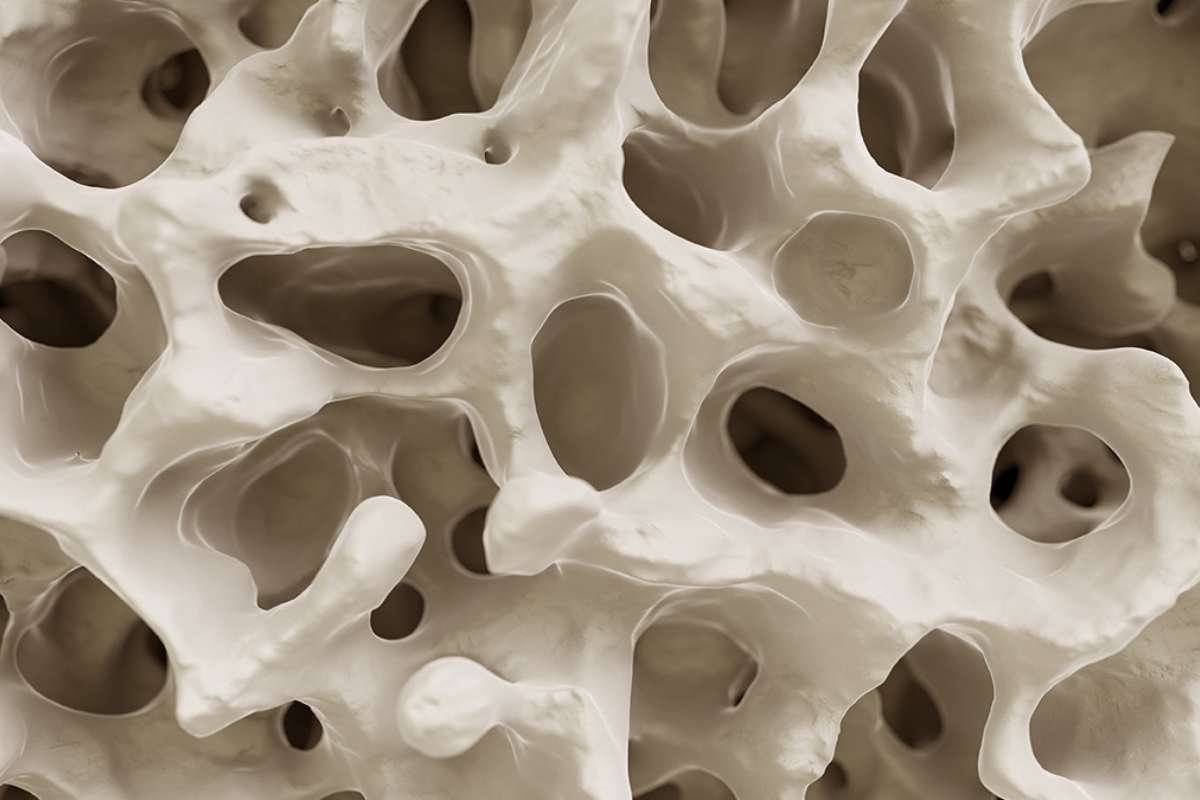INTRODUCTION
Are you an engineer who enjoys working with your hands and is searching for a profession that will challenge and reward them? Manufacturing Engineer Job in Lifesciences Industry who work in the life science business play an important and multifaceted role in the creation of life-saving medications and medical equipment. However, getting started in a career as an Engineer Job in Lifesciences Industry demands a certain degree of technical knowledge, particular traits, and a significant amount of experience, all of which might be difficult to acquire. Experience is very important in this field.
The consultants at Proclinical, who on a daily basis collaborate with manufacturing experts working within the life science business, are happy to offer their expertise in order to assist prospective professionals in breaking into this rewarding and multifaceted area. Manufacturing engineers find that the production of pharmaceuticals and medical devices is at the core of every successful pharmaceutical, biotechnology, and medical device company in the world. Furthermore, they find that the more efficient a manufacturing facility is, the higher the quality of its products, which is essential for patients who depend on them for improved health.
Here are 5 Points on How to Grab a Manufacturing Engineer Job in Lifesciences Industry?
1. What exactly does it mean to be a manufacturing engineer?
A manufacturing engineer is someone who works in the manufacturing Engineer Job in Lifesciences Industry plant of a life science organization and is responsible for the design, development, installation, and monitoring of the many pieces of manufacturing equipment and machinery. Their responsibility is to guarantee that pharmaceutical items and/or medical equipment are manufactured in the most time- and money-effective manner possible. First and foremost, they have to be made to the highest possible level and rigorously conform to industry requirements such as Good Manufacturing Practice (GMP) and internal quality control processes in order to guarantee the safety of the patient.

2. In the field of life sciences, what are some of the tasks of a manufacturing engineer?
Within the life science business, in particular, the job description for a manufacturing Engineer Job in Lifesciences Industry encompasses many different phases of the production process. The design, installation, maintenance, and assessment of manufacturing processes and equipment are some of the typical day-to-day activities of a manufacturing engineer. However, their responsibilities also often include the following:
Acquiring new equipment (machine selection, installation, validation, and monitoring)
Instruction of personnel on newly acquired equipment
doing an analysis of the manufacturing processes in order to afterward locate, design, and put into action improvement initiatives
Budget management
- Engineer Job in Lifesciences Industry
- challenge and reward
- life science business
Supervision of less experienced production workers

Finding solutions to problems in production processes
Management of vendors for items that have been contracted (negotiating pricing, relationship management, performance evaluation, etc.)
In addition to that, they are available to provide technical help for:
The conceptual design as well as the creation of new pieces of apparatus and instruments & Engineer Job in Lifesciences Industry
Examining the unprocessed materials
Conducting an investigation into the underlying causes
Developing technical standards, user guides, and manuals for various pieces of equipment
3. Where can one get more information on the need for manufacturing engineers?
In the life science business, skilled manufacturing Engineer Job in Lifesciences Industry is constantly in great demand because of the breadth and depth of their technical skills, as well as the vital role they play in ensuring that products adhere to quality standards and are suitable for use by patients. In the wake of the new medical device regulations that will take effect in Europe in the year 2020, medical device companies that operate in this region will place a significant amount of reliance on manufacturing engineers to ensure that the company is compliant with the new MDR and IVDR guidelines, which are even more stringent.

4. What kinds of credentials and experience do employers look for in prospective manufacturing engineers?
To work as a Manufacturing Engineer Job in Lifesciences Industry, you need to have a bachelor’s or master’s degree in engineering, preferably in a field related to manufacturing, such as electrical, industrial, or mechanical engineering. It would be beneficial to have prior experience in the production processes as well as knowledge of the numerous manufacturing regulatory rules applicable to the life science business. It is also necessary for manufacturing engineers to have a solid understanding of mechanics in order for them to comprehend the production equipment and machinery.
5. What are some ways that I may get experience working in manufacturing engineering?
Working as a junior Manufacturing Engineer Job in Lifesciences Industry at any manufacturing facility is a great method for engineers to obtain the expertise they need, despite the fact that manufacturing facilities that produce goods for the life sciences industry have to adhere to far more severe quality standards. This is an excellent opportunity to get experience in the production processes, get some hands-on training with the necessary equipment, and become acquainted with the internal and external quality control systems.







